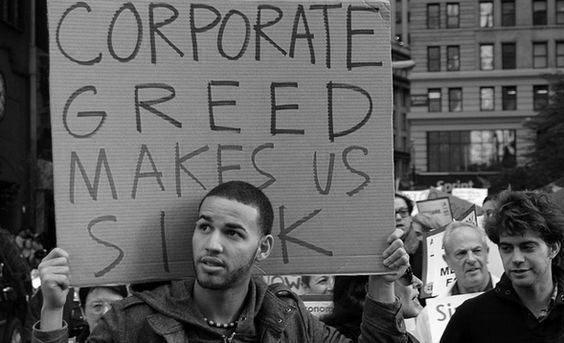A UN report says while Botswana has robust policy frameworks that are able to guide gender and income equality to be at the centre of the country’s developmental agenda, execution remains a challenge. RORISANG MOGOJWE reports
Botswana has transformed itself from one of the world’s poorest countries at independence in 1966 to an upper-middle-income country. However, it remains one of 10 most unequal countries in the world.
The United Nations Botswana Common Country Analysis indicates that Botswana continues to struggle with high levels of poverty and inequality, with unemployment at 23.2 percent in Q1 2020 higher among women than men. According to the report, the rate is likely to increase due to the impact of the COVID-19 pandemic.

Inequality manifests in many areas, including on social and cultural fronts, which in turn pose socio-economic and health risks to several key groups, including women and children. While Botswana recognises gender and income equality as central to socio-economic, political, and cultural development, the highest rates of poverty in Botswana can be observed among young women and youth living in rural areas.
Women
Gender inequalities persist in Botswana and limit women’s choices, opportunities and access to information, health and social services. For example, the number of women living with HIV remains higher than men’s, with the HIV prevalence rate being highest among rural women. This is a result of pervasive gender inequality, patriarchy and discrimination, which undermine progress in the HIV response.
Women generally carry heavier economic and social burdens when it comes to HIV/AIDS. The United Nations Botswana Common Country Analysis notes that women living with HIV/AIDS are vulnerable with regards to economic opportunities and access to health care justice, that is, inequality reduces a woman’s control over her life and increases her vulnerability to HIV infection.
“They face challenges in terms of marriages and relationships as they are often accused of being the ones bringing HIV into the relationships; they carry the burden of care for those affected by HIV/AIDS; and they encounter difficulties accessing sexual and reproductive health services including post-partum care,” says the report.
Women with disabilities experience stigma and discrimination as they are often exposed to injuries and poor Sexual Reproductive Health (SRH) outcomes “such as increased likelihood of unintended pregnancies, acquisition of HIV and other sexually transmitted infections”.
The report says this makes tackling gender inequality key to ending AIDS, ensuring that all people, particularly women, adolescent girls, young people and other key populations can exercise their SRH rights, as well as achieve other broader development outcomes.
Children
Botswana has made notable progress in protection of children’s rights, with the right to access to quality and timely health care top on the priority list. However, it has been observed that certain groups of children in Botswana continue to experience discrimination and disparities in accessing basic health services.
They include children living in remote areas, children of foreign nationality, children with disabilities, children in street situations, children in internal migrant families, children born to unmarried parents, orphans and children in foster care, and children affected by HIV/AIDS.
The report notes that disadvantages can intersect to cause greater hardship: “poverty and lack of identification documents, for example, can limit access to health services, immunisation and antiretroviral treatment for refugee and asylum seeking children, abandoned children and indigenous Basarwa/San children who are not born in hospitals.”
Studies have shown that while two-thirds of Botswana’s population is within the working age group, only about 60 percent of these persons are considered economically active. The country analysis indicates that women are more often than men out of the labour force: overall 44.8 percent of women are inactive against 34.9 percent of men.
While Botswana has robust policy frameworks that are able to guide gender and income equality to be at the centre of the country’s developmental agenda, execution remains a challenge.




